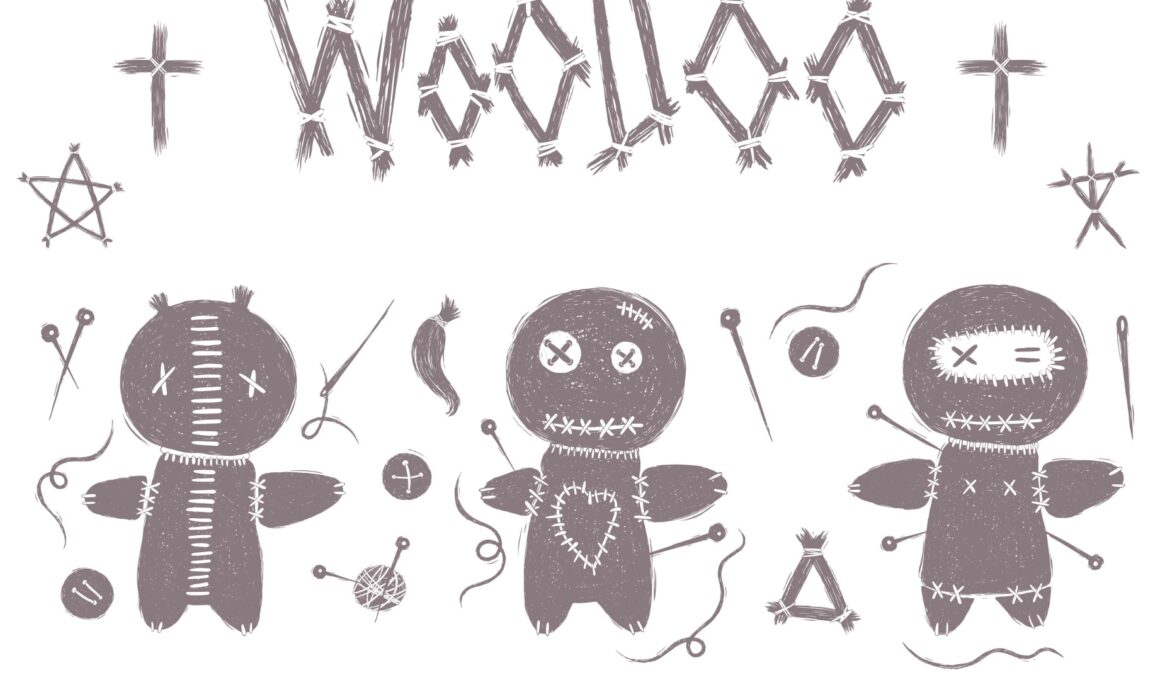The word ‘placebo’ describes the effect that psychologists have studied for years whereby an individual will believe that they’ve been given some kind of medication or supplement and will then find themselves miraculously recovering from illnesses or improving their abilities. In reality there’s nothing in the tablet other than sugar but because the person believes they are going to get better, they often then find that they in fact do get better.
If you follow this to its logical conclusion then, you may also have considered that it might be possible for a belief to have a negative effect. In other words, if you believe you’re going to get worse, then it might just be possible for that to happen. And as it happens, that’s exactly what scientists are finding out…
Why Curses May Be Effective
You don’t have to look too far in order to find anecdotes of people being cursed and dying or falling ill shortly after. The explanation for this is simple: someone gets ‘cursed’, they then believe that they are going to become unwell, and as such they go on to notice, focus on and ultimately exacerbate the symptoms they expected.
Unfortunately the research surrounding the nocebo effect is limited – mostly due to the ethical issues involved with making someone believe themselves to be ill.
Nonetheless there have been some trials that seem to show support for the nocebo being a real and serious phenomenon. In one study conducted at the University of Hull for instance, participants were told they were breathing a sample of air that had been infected with a suspected ‘environmental toxin’. The participants were told that the known side effects of this toxin included itchy skin, nausea, drowsiness and headaches. In some samples, the participants would also witness a stooge seemingly develop these same effects.
Lo and behold, the participants found themselves developing some of these effects with the effect being more pronounced for those who had witnessed the stooge suffer the expected effects and particularly in women.
And in case you thought all these effects would just be imagined and completely harmless, there have been other cases that suggest they can be much more serious. In one documented incident, a patient who had been testing a new antidepressant overdosed on the tablets when his girlfriend left him swallowing an entire pot of 29 pills. He was rushed into hospital with a dangerously low blood pressure and slow heart rate, only for doctors to realise that he had been in a control group and that the pills he was taking were only sugar pills – they were placebos.
As soon as the patient (named Derek Adams) learned that the pills were completely harmless his blood pressure returned to normal and he made a full recovery. In short, a placebo had become a nocebo and in that form it was incredibly dangerous – even life threatening.
Far Reaching Implications
The nocebo effect as you can see then is potentially a highly dangerous phenomenon on its own, but it can also serve to complicate other matters and to interfere with other treatments and scenarios.
In many cases for example, cancer patients who are waiting to receive chemotherapy, will end up feeling ill and nauseous even before the first treatment. This effect is known as ‘anticipatory nausea’ and may be caused by a combination of expectation and conditioning.
Likewise, nocebos can also be contagious, with known cases of patients of illnesses with no physiological basis being passed from one person to another. This is known as a ‘mass psychogenic illness’.
Ironically, a nocebo will also make it more likely for a person to catch a ‘real illness’ – as it can lead to lowered immune defences and energy that leaves the individual more vulnerable.
While there’s little that can be done to manage this nocebo effect, it does draw attention to an additional factor that may be impacting on a range of medical conditions and even affecting research and the development of new medications. It also tells us exactly how we need to defend ourselves against curses – if you don’t believe them, then they lose any power they might have had.




